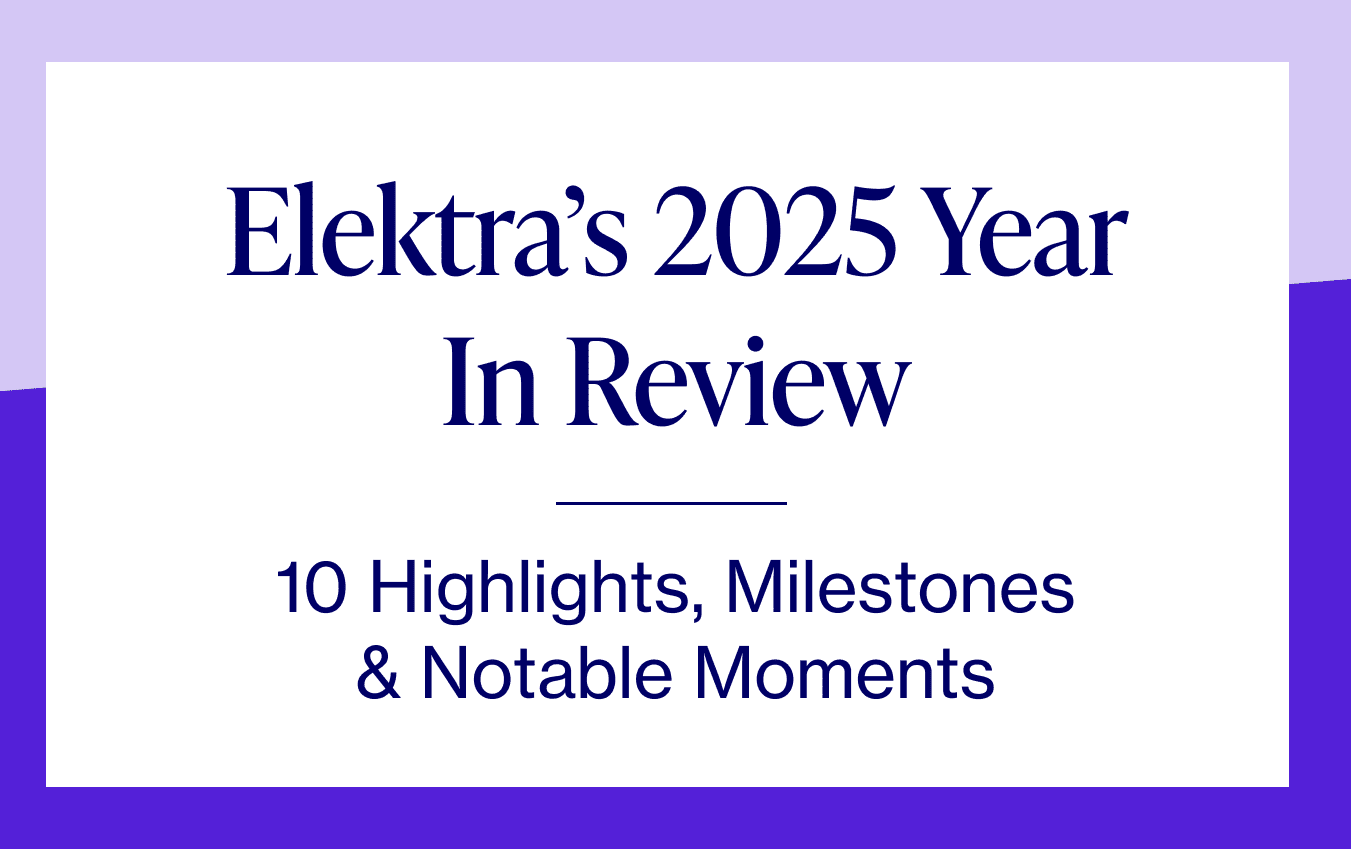
Published on Aug 08, 2025
Last modified on Dec 22, 2025
Caring with Compassion: Yvette Sims, NP, MSCP on Menopause, Women’s Wellness, and Patient-Centered Care
4 min read

Elektra Clinician Yvette Sims, NP, MSCP always knew she wanted to become a nurse, but a lot has changed since she set out to care for patients 24 years ago. We sat down with Yvette to learn more about her career path, how her own experience in perimenopause has influenced her work, and the critical role of compassion in patient care.
What inspired you to become a Family Nurse Practitioner?
I went into college knowing that I wanted to become a nurse and during my BSN undergrad at Binghamton University, I had the opportunity to work for an incredible breast specialist, which really piqued my interest in women’s health. After I finished undergrad, I went on to Pace University to earn my Masters as a Nurse Practitioner.
What led you to transition into menopause care?
I’ve been a Family Nurse Practitioner for 24 years, and after college I started in Planned Parenthood, where we were very focused on access. From there, I moved to a busy Family office where I focused on gynecology. When COVID-19 hit, the Preventive Healthcare I was focused on shut down and the NPs were tasked with COVID-19 telehealth triage.
At that same time, I was learning more about the work of Jean Watson, Ph.D., RN, AHN-BC, FAAN, LL (AAN), the nursing theorist whose philosophical framework guided the nursing department at the hospital. I took a course on her work in “Caring Science,” which is built on the belief that as a nurse, you have to take care of yourself in order to show up for patients and women — to provide patient-centered care. In the menopause transition myself, I realized a lot of this applied to care for women in midlife, and I began coaching women in menopause through this framework. When we were no longer needed for COVID-19 care, I came back to gynecology and then realized I wanted to deliver more personalized care, with a focus on hormones.
What do you see as the biggest area of opportunity in the menopause space?
I think a big challenge in the menopause space continues to be access — many women just don’t have access to adequate care. In the functional medicine realm, there may be more options, but it’s less affordable.
I also think another missing piece is women’s wellness. You might get one annual visit a year with an OB/GYN. In that fifteen minutes, you don’t get the opportunity to dive into cardiovascular health, gut health, inflammation, or the many interconnecting factors that influence women’s health — and women’s health in midlife in particular.
What has struck you during your time at Elektra so far?
Elektra bridges the gap I mentioned earlier by addressing what isn’t discussed in a gynecologist office. I can provide the care here that I couldn’t in that environment, and the telehealth model allows people to receive care from the comfort of their own homes, which makes it more accessible. We’re also heavily geared towards the Menopause Society guidelines, which means we’re really practicing evidence-based medicine.
Your bio says that you also enjoy practicing yoga. How does yoga and mindfulness impact your approach to care?
I’m addicted to hot yoga — it really helps me just sweat it all out. Yoga nidra has also been really helpful for my sleep. I’m 52, on MHT [menopause hormone therapy], and an anxious person to begin with. Combining tools like medication and yoga has worked for me, and I want to use my own lived experience to offer options for other people. Yoga has also been a way for me to develop community, which is so important for women in peri- and postmenopause. It helps to know that you aren’t alone, that there are people for you.


